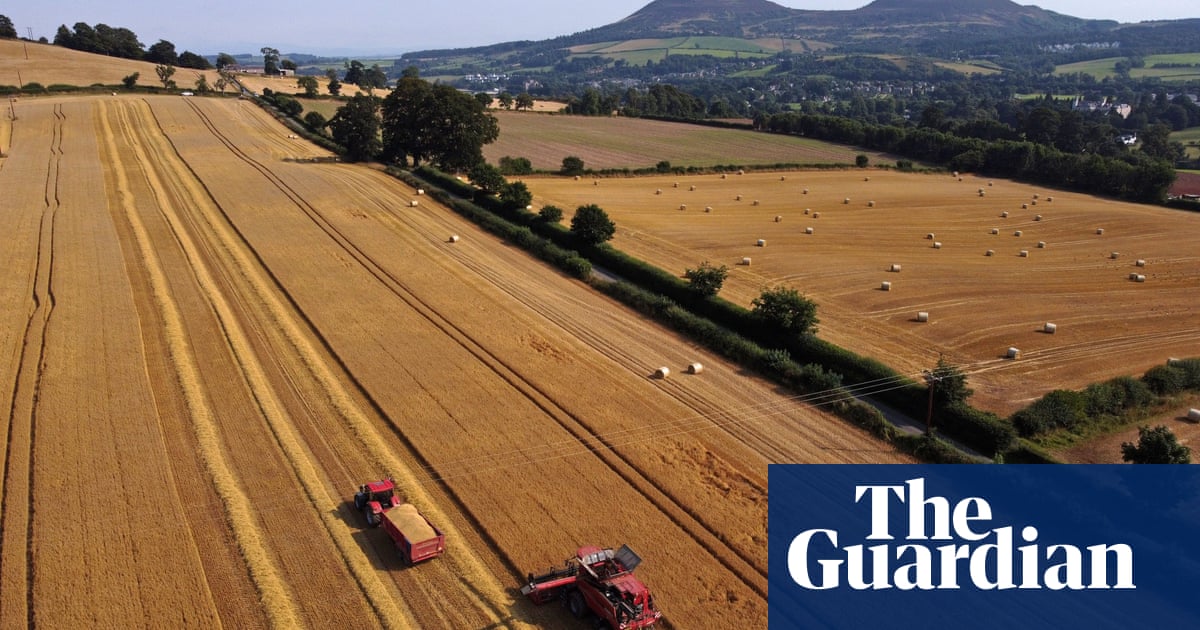When I started this podcast in 2008, I never thought I’d still be here 16 years and over 800 episodes later. It’s been amazing to help you understand nutrition, tackle diet trends, and improve our relationship with food.
Throughout the years, my philosophy has remained focused on delivering clear, practical advice. However, nutrition science has changed a lot. Let’s look back at five significant changes in our understanding of food and health since 2008.
The Low Carb Craze
In 2008, low-carb diets like Atkins and South Beach were everywhere. Many believed cutting carbs would lead to weight loss and better health. Interestingly, a recent study showed that among those claiming to follow low-carb diets, only a small fraction actually do. Today, while some still embrace keto, low-carb diets aren’t as popular. However, the myth that carbohydrates are bad still lingers. We often forget that fruits and vegetables, which are primarily carbs, are vital for our health.
The Protein Boom
Another big shift has been the focus on protein. Back in 2008, it was mainly important for athletes. Now, we know protein is essential for everyone, especially as we age. Adequate protein helps maintain muscle mass and supports overall health. This has led to a surge in high-protein products, from snacks to drinks. But there’s also a growing trend towards plant-based eating for health and ethical reasons, which requires careful planning to meet protein needs.
The Microbiome Revelation
We’ve also learned a lot about the microbiome, the community of microbes in our gut. Initially, nutrition focused on how food affects our bodies. Now, we know what we eat can influence these microbes, which play a role in digestion and immunity. For example, fiber-rich foods—mostly carbs—are essential for gut health. This understanding has significantly impacted how we view certain food groups.
Advancements in Personalized Nutrition
Personalized nutrition has also evolved. In the past, it was simplistic, often based on gimmicks. Now, technologies like genetic testing and continuous glucose monitoring allow for more tailored diets. However, many aspects of personalized nutrition are still developing, and while promising, they’re not always practical or reliable yet.
Understanding Obesity
Finally, we see a shift in how we understand obesity. Sixteen years ago, it was often viewed as a lifestyle choice tied to willpower. Now, with the introduction of medications that affect appetite and metabolism, obesity is recognized as a complex medical condition. This has changed not only how we talk about weight loss but has also started to show declines in obesity rates.
Looking ahead, I anticipate more innovations in nutrition, including lab-grown meats and new food technologies. With a growing population and environmental challenges, these developments might be crucial for a sustainable food future.
Thank you for joining me on this journey, especially if you’ve been with me since the beginning!
















